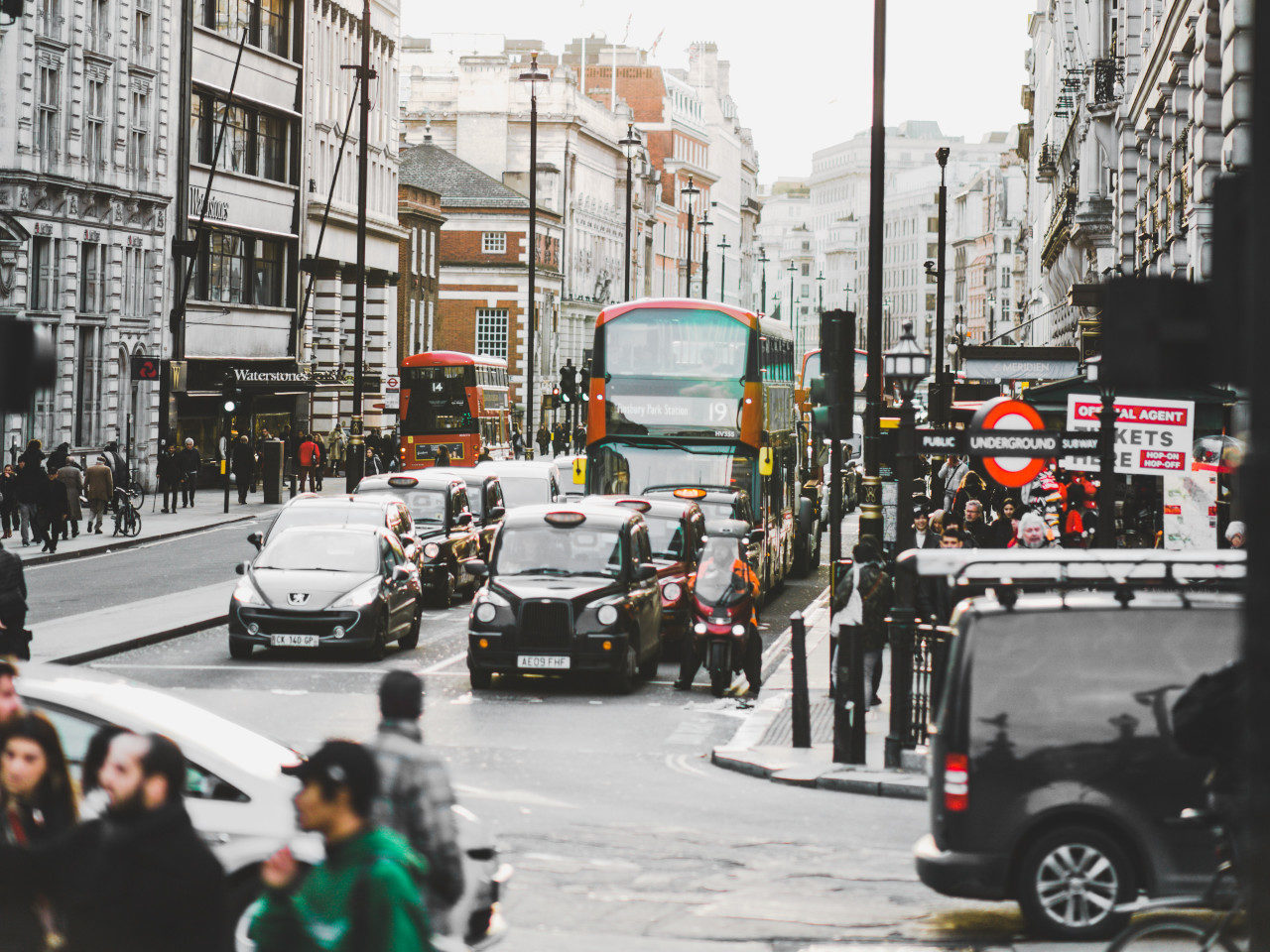

The ride-sharing company plans to appeal the decision, which is based on repeated safety breaches.
Transport for London (TfL) has denied Uber’s latest application for a private hire operator licence, declaring the ridesharing company “not fit and proper” over passenger safety concerns. Uber’s most recent extension, granted in September, expired on Monday.
Uber called the decision “extraordinary and wrong”, saying it will appeal. Under the terms of its most recent extension, the company will continue to legally operate until that appeal.
Concerns over passenger safety
In a statement released Monday morning, TfL acknowledged the Uber’s improvements since it was first granted a licence in June 2018, but also stated that they had identified “a pattern of failures by the company”.
Under Uber’s systems, unauthorised drivers could upload their own photos to licenced Uber accounts and drive, circumventing TfL regulations in allowing uninsured private hire drivers on the road.
According to the statement, “this allowed [unauthorised drivers] to pick up passengers as though they were booked driver, which occurred in at least 14,000 trips – putting passenger safety and security at risk.”
TfL’s investigation also found that dismissed or suspended drivers were still capable of creating an Uber account and driving for the company.
How did Uber react to the news?
In a Tweet on Monday, Dara Khosrowshahi, CEO of Uber called the decision “just wrong.” He said: “Over the last 2 years we have fundamentally changed how we operate in London.”
Spokespeople for the ride-sharing company say Uber has adequately addressed safety concerns, making these issues a top priority in 2019.
Speaking to Raven News, Jamie Heywood, Regional General Manager for Northern & Eastern Europe at Uber, said: “We are setting the standard on safety. TfL found us to be a fit and proper operator just two months ago, and we continue to go above and beyond.”
We understand we’re held to a high bar, as we should be. But this TfL decision is just wrong. Over the last 2 years we have fundamentally changed how we operate in London. We have come very far — and we will keep going, for the millions of drivers and riders who rely on us.
— dara khosrowshahi (@dkhos) November 25, 2019
According to Heywood, the company has audited every driver in London within the last two months, and is introducing new facial recognition technology to address safety concerns.
Uber plans to appeal TfL’s decision within three weeks. Heywood said: “On behalf of the 3.5 million riders and 45,000 licensed drivers who depend on Uber in London, we will continue to operate as normal and will do everything we can to work with TfL to resolve this situation.”
Is the appeal an ‘easy option’?
Angela Clarkson, director of the United Trade Action Group, a union of licensed taxi drivers in London, expressed concern over Uber’s operation in the UK capital. She said the company takes a “laissez-faire approach to regulation,” inadequately vetting drivers and putting the public at risk.
She said: “TfL’s decision is in the right direction, but [Uber’s licence] should not have been refused, it should it have been revoked with immediate effect on public safety grounds.”
An appeal, she says, is the “easier option” for TfL, and not in the interest of the general safety of the public.
Clarkson said: “Uber have been given four chances over the last seven years to get their act together – they still haven’t. How many more chances can they be given?”
What happened in 2017?
TfL first refused to renew Uber’s licence in September 2017, again declaring the company was not “fit and proper” due to public safety concerns. The transport regulator said issues related to passenger safety – including inadequate background checks for drivers – were to blame for the initial decision.
Uber was offered a 15-month extension, followed by another two-month extension earlier this year, in order to make improvements to its business model.
If Uber loses its next appeal, the company may not be able to continue operating in London, its most lucrative European market.
Will Uber ask its drivers to collect biometric data?
Three days before TfL’s decision, Wired Magazine reported that, according to anonymous sources in the Mayor of London’s office, TfL considered requiring Uber to collect driver’s biometric data. This would be a way of assuring that any person driving an Uber car is licenced every time they use the service.
The report makes Uber the latest company to be at the heart of the debate over data and the privacy rights that come with it. Some London Uber drivers have labelled TfL’s considered requirements “disproportionate and discriminatory” considering other taxi and private hire companies haven’t been considered for these same requirements.
Natasha Bernal, who broke the story, said the requirement would hit Uber drivers hardest. The company still doesn’t acknowledge its drivers as employees but rather independent contractors, and yet would ask them to pass over “intransferrable personal info to Uber”.
This would be great news for passengers – more safety and knowing that the person picking you up is licensed to do so. But it would be a major sticking point for drivers, who would hand over intransferrable personal info to Uber – which won’t acknowledge them as employees
— Natasha Bernal (@TashaBernal) November 22, 2019
An Uber spokesperson told Wired that the company does not use biometrics in London, but did not confirm whether this would change. TfL did not respond to Wired’s requests for comment.
Speaking to Raven News the day after TfL’s decision, a spokesperson for the transport agency said, should Uber want to appeal the decision, it would be Uber’s responsibility to demonstrate to a magistrate that they had a system in place to guarantee that only licenced drivers are on the road – not TfL’s. TfL did not comment on whether a biometrics system would assure this.
